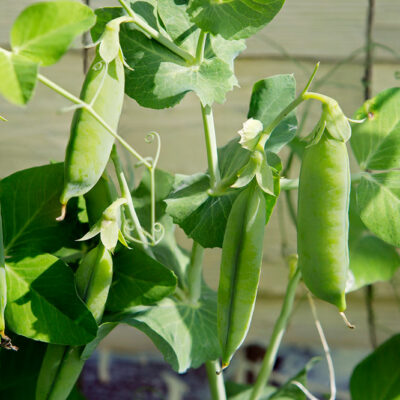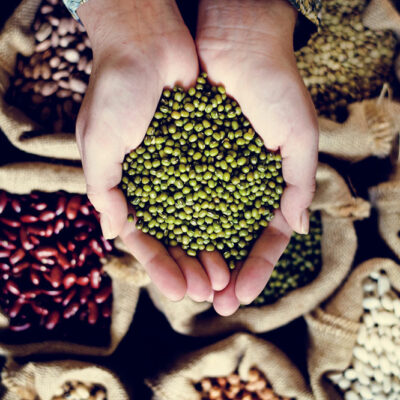
6 Foods to Avoid for Multiple Sclerosis Patients
Multiple sclerosis (MS) is an autoimmune condition where the body attacks its immune system. This condition greatly affects the central nervous system, which includes the brain and spinal cord, and can result in severe symptoms that impact day-to-day activities. Some foods can exacerbate MS symptoms. Therefore, it is necessary to choose a well-balanced diet that replenishes the nervous system. To help you, here are six foods to avoid for multiple sclerosis.
1. Fats
Fat in any form should be avoided, especially foods high in saturated fats found in processed and red meats, full-fat milk, and dairy products like cheese and butter. Saturated fats found in meat and dairy are broken down into compounds that can negatively impact the nervous system, worsening MS.
2. Refined sugar
Sweetened, carbonated drinks and processed foods high in sugar should be avoided. Apart from contributing to diabetes and obesity, which are predisposing factors for multiple sclerosis, sugar also flares up MS causing inflammation of the nerve cells, making it food to avoid for MS.
3. Caffeine
Caffeine is known to de-stress the system; however, if one has MS, one has to consume coffee and other caffeinated drinks in moderation. Too much caffeine induces urination, and this may be particularly troublesome when one has an overactive bladder. This is one of the symptoms of MS, and caffeine irritates the urinary bladder muscles, causing urinary urgency.
4. Salt
Salt contributes to hypertension, an underlying condition that can cause a relapse of MS. High salt intake is generally not good for any condition, and it is of utmost importance that patients with MS limit the salt intake. Excess salt alters the function of T-cells and its regulatory responses, which stimulates immune responses, maintaining the immune system to combat infections.
5. Milk
Since most dairy products are made from milk or milk derivatives, one needs to pay keen attention to avoid milk or milk-containing products. Glycoprotein, which is involved in multiple sclerosis, produces an immune system-mediated response to attack the protein sheath of the brain and spinal cord is similar to butyrophilin, a protein found in cow’s milk. So, when a person consumes milk, this protein is mistaken for glycoprotein, and the nervous system is disrupted.
6. Gluten
In some cases, gluten is known to bother the small intestine, which is also called celiac disease found in some patients with multiple sclerosis. If MS patients are gluten intolerant, then one should avoid foods that have gluten. Moreover, consuming gluten-free foods decreases the exacerbation of MS symptoms. Furthermore, consuming gluten is known to result in a relapse of multiple sclerosis. Gluten contains a protein called gliadin, and patients with MS who are sensitive to gluten have high anti-gliadin antibodies, which serve as biomarkers to monitor disease activity.


